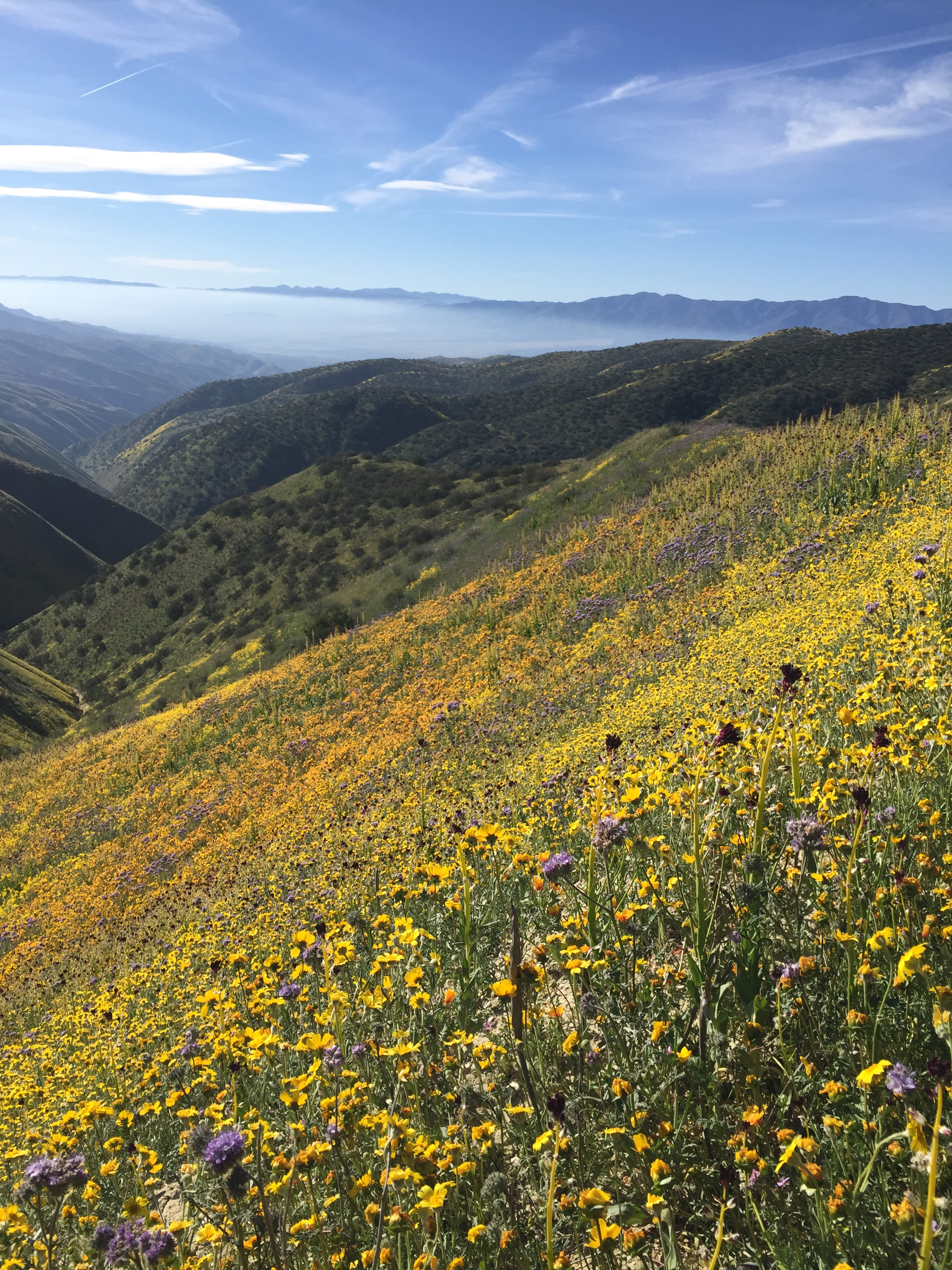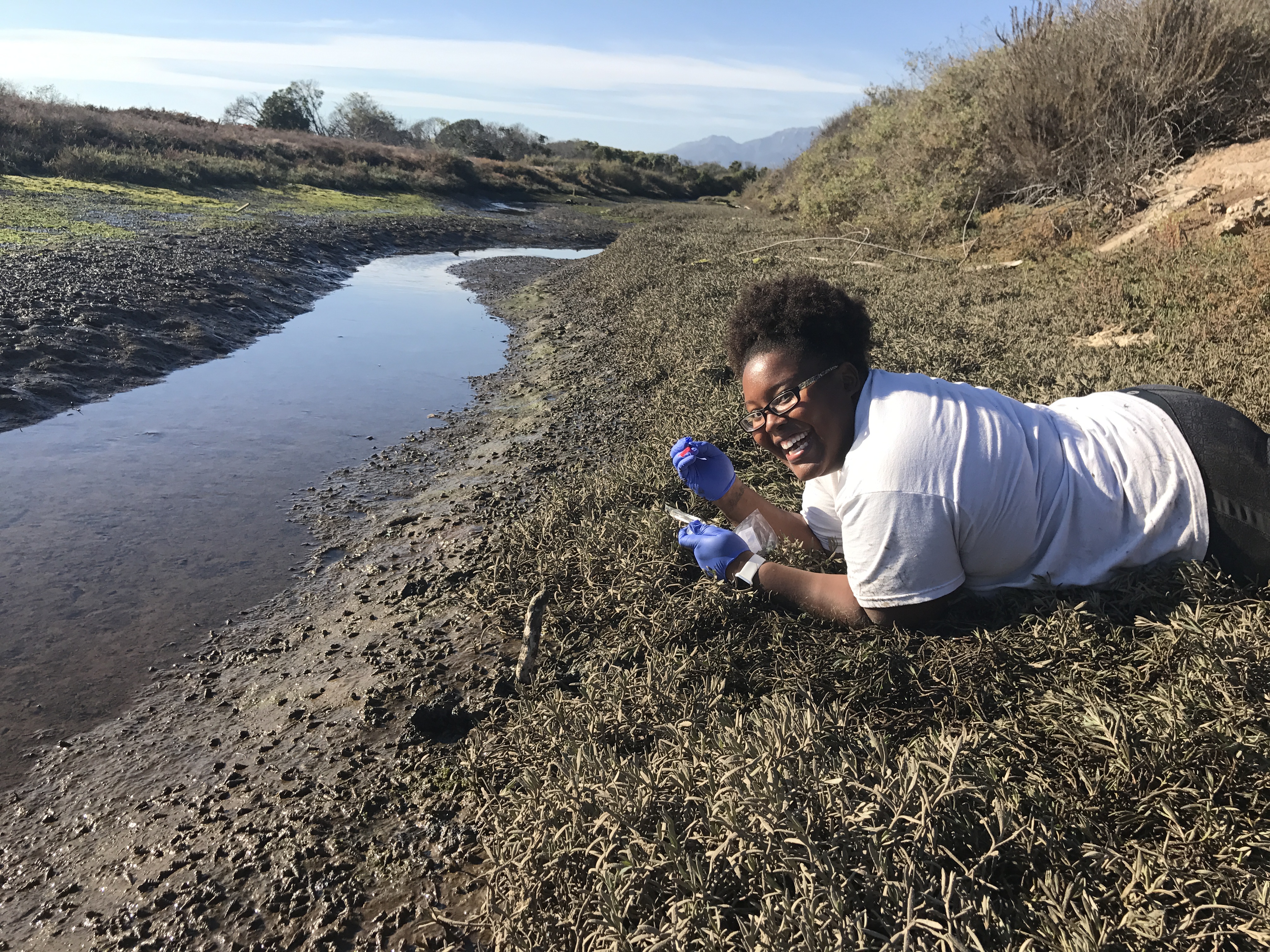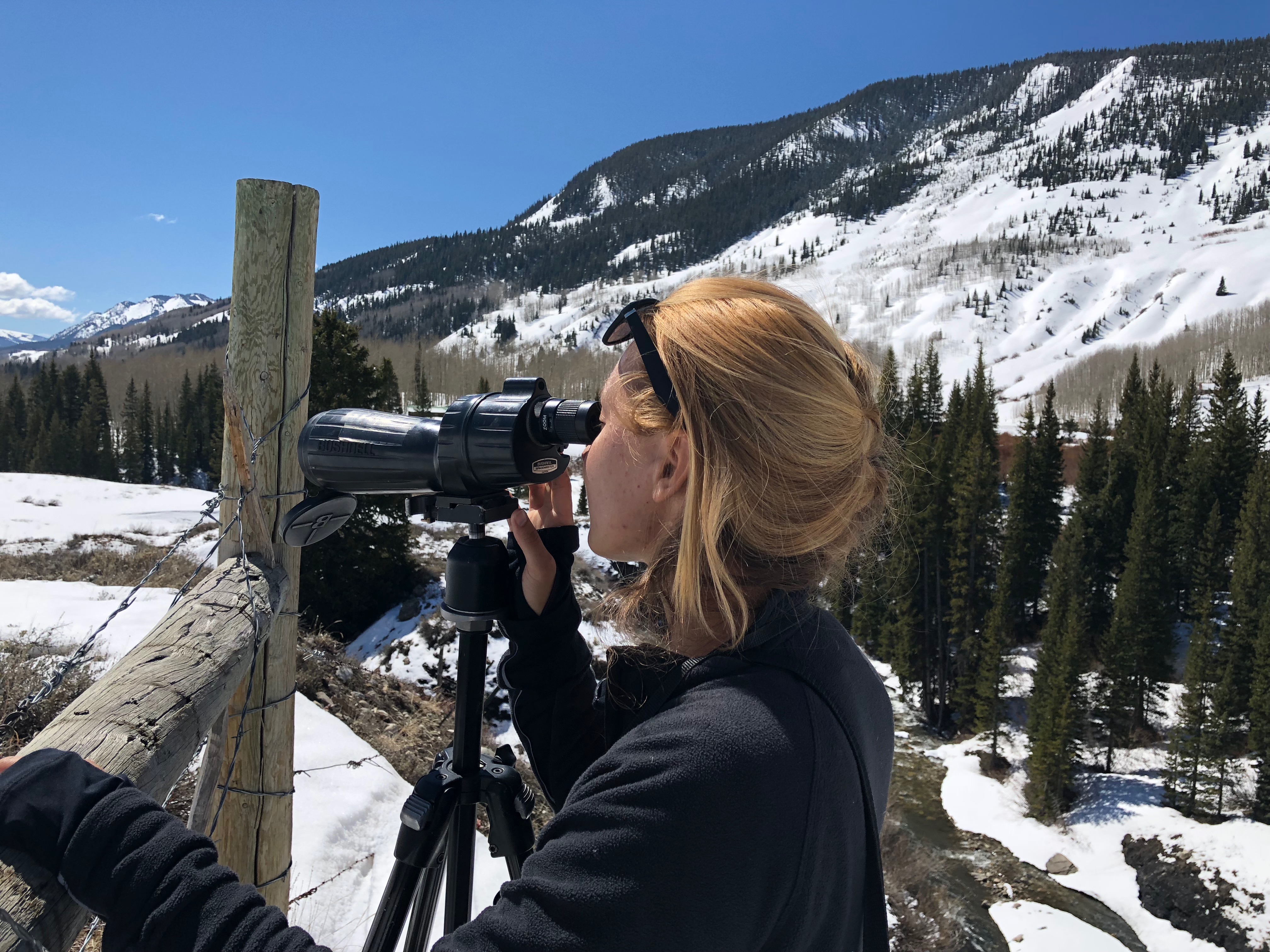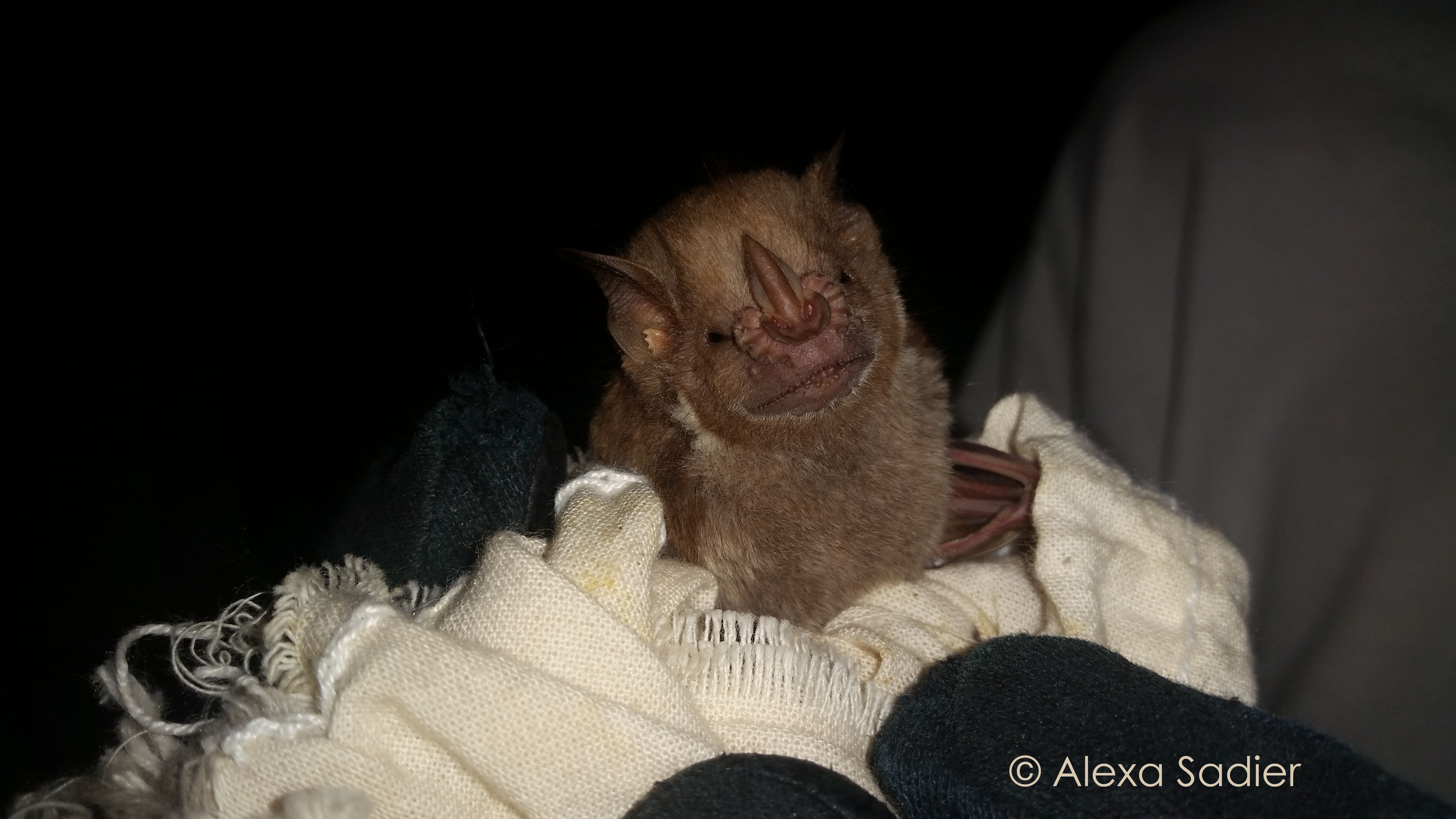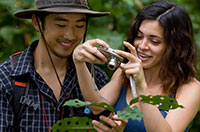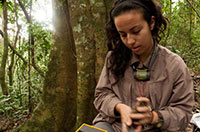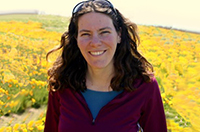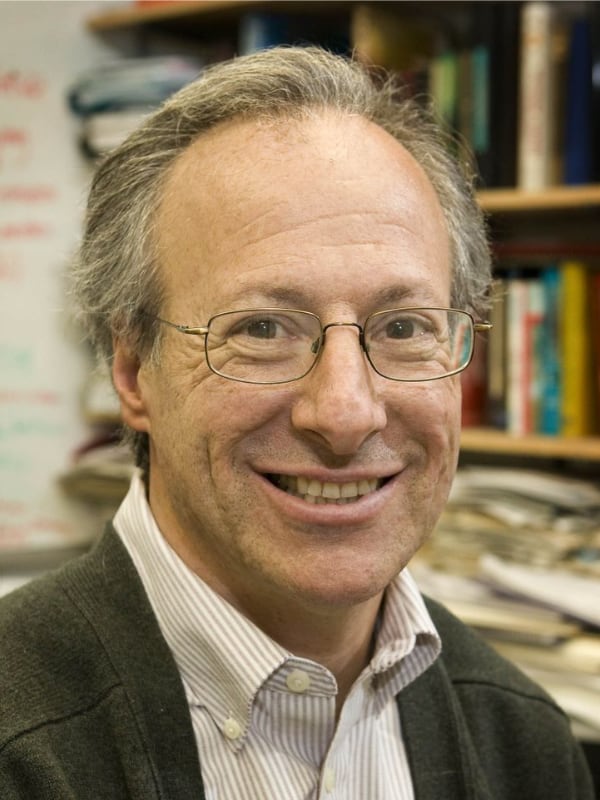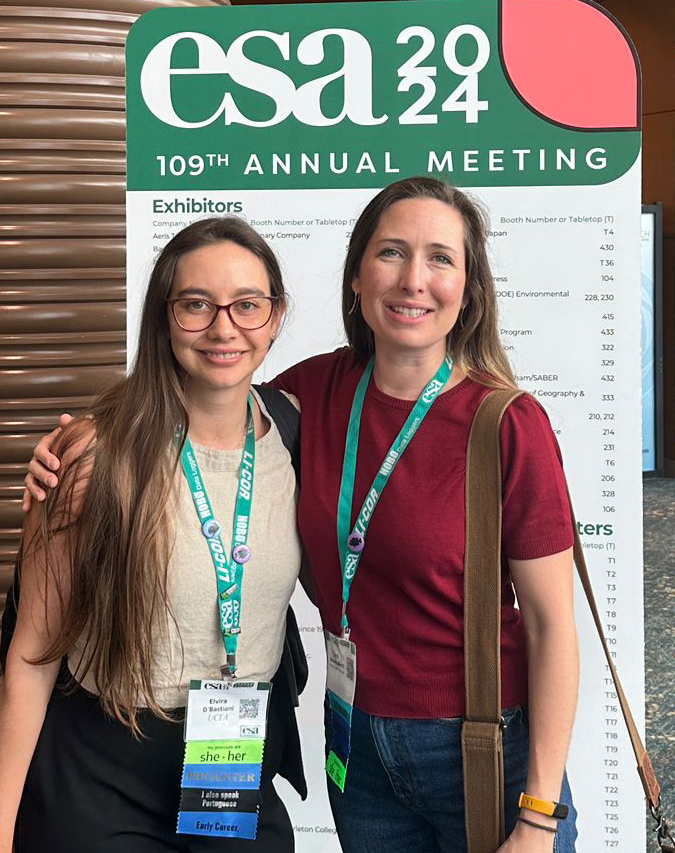creative and highly interactive, intellectual environment
students are prepared to excel in positions in academia, industry, and governmental / non-governmental organizations.
diverse faculty interests
world class faculty study a wide spectrum of research areas including, Behavior, Conservation Biology, Developmental Biology, Ecology, Evolutionary Biology, Marine Biology, Paleobiology, Plant Biology, Physiological Ecology, Theory, and Tropical Biology.
FACULTY SPOTLIGHT
David JacobsMy research combines paleontological studies and geology with molecular approaches to understand the early evolution of animal life. We are pursuing this work as part of the "Advent of Complex Life" - NASA Astrobiology group, combining studies of the geologic and geochemical context of this early evolution with studies of the phylogeny, genomics and metabolic processes of relevant modern organisms. |

